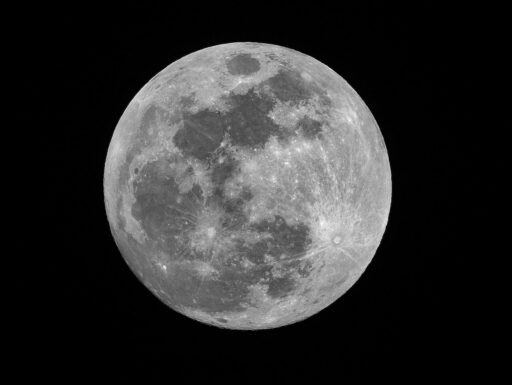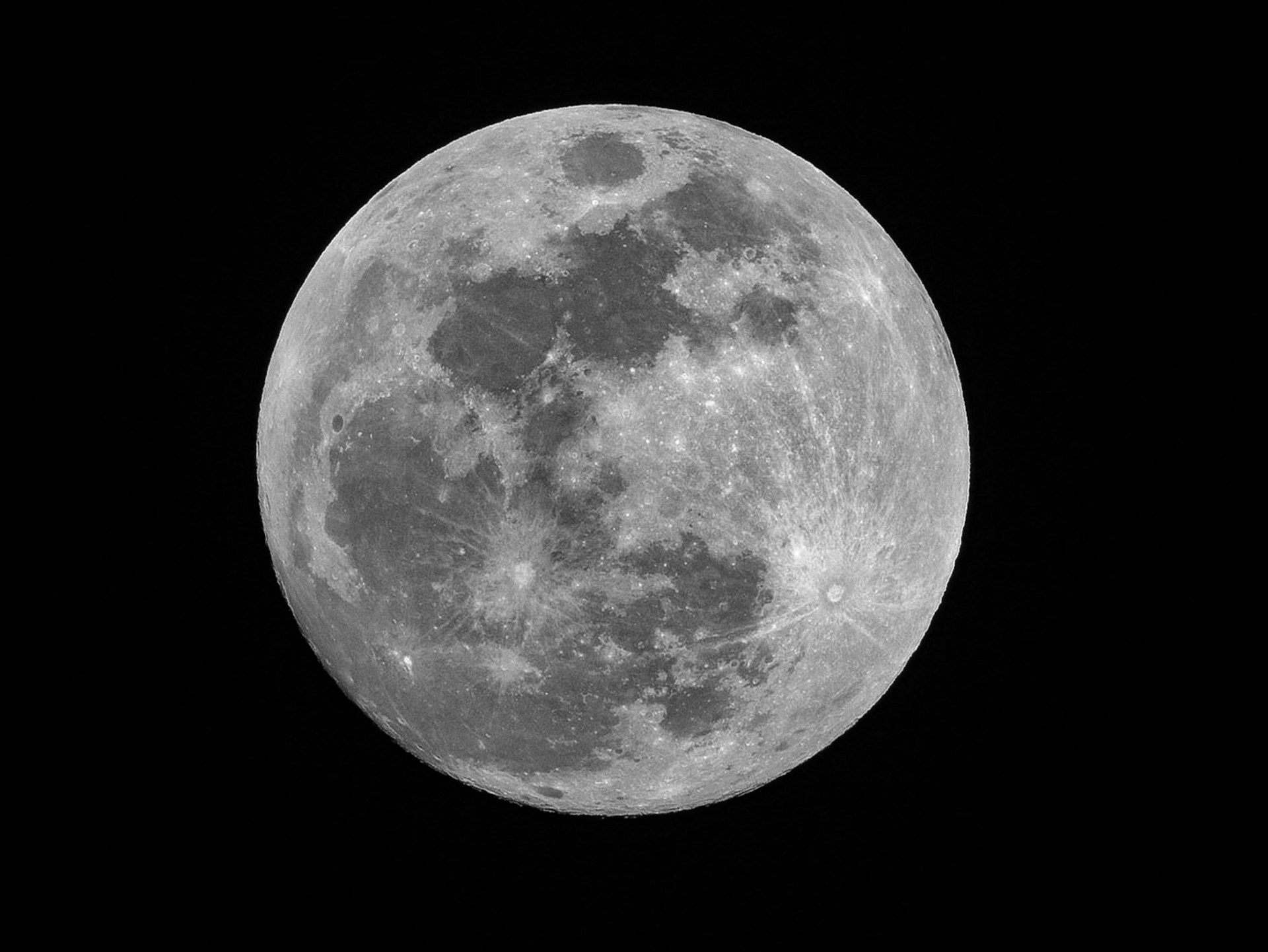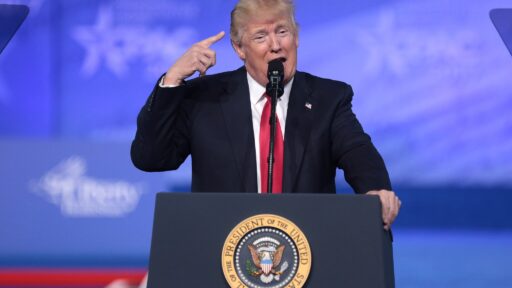YIKES!
During a recent solar eclipse event at Booker T. Washington High School in Houston, Representative Sheila Jackson Lee from Texas sparked astonishment among attendees with a series of puzzling statements regarding the moon and space exploration. Despite her position as a former lead Democrat on the House Science Committee’s space subcommittee, Jackson Lee’s remarks showcased a fundamental misunderstanding of lunar science.
Addressing the gathered students, Jackson Lee made erroneous assertions, referring to the moon as a “planet” primarily composed of gases, and suggesting the possibility of human habitation there due to its supposedly gas-rich composition. She further claimed that the moon emits its own “unique light and energy,” and inaccurately attributed the cause of the solar eclipse to the proximity of the Earth to the moon, rather than the alignment of the sun and moon.
Additionally, Jackson Lee expressed eagerness to learn how to live on the moon, asserting that it represents “another planet” soon to be explored. However, her statements were met with criticism and ridicule, particularly regarding her misunderstanding of basic astronomical principles.
Following widespread backlash and ridicule, Jackson Lee issued a statement acknowledging her mistake in describing the moon as gas-dominated. However, she deflected criticism by accusing Republicans of focusing on trivial matters instead of substantive issues like prenatal care and affordable housing.
Despite the gaffe, Jackson Lee has not removed the video footage from her social media page, and it has since gone viral, further fueling public scrutiny of her scientific knowledge and competence.
Local radio host Kenny Webster, who reposted the clip, remarked on Jackson Lee’s consistent ability to provide fodder for discussion, highlighting the ongoing controversy surrounding her statements.
In summary, Jackson Lee’s mischaracterization of lunar science and subsequent deflection of criticism underscore broader concerns about scientific literacy and accountability among public officials.







